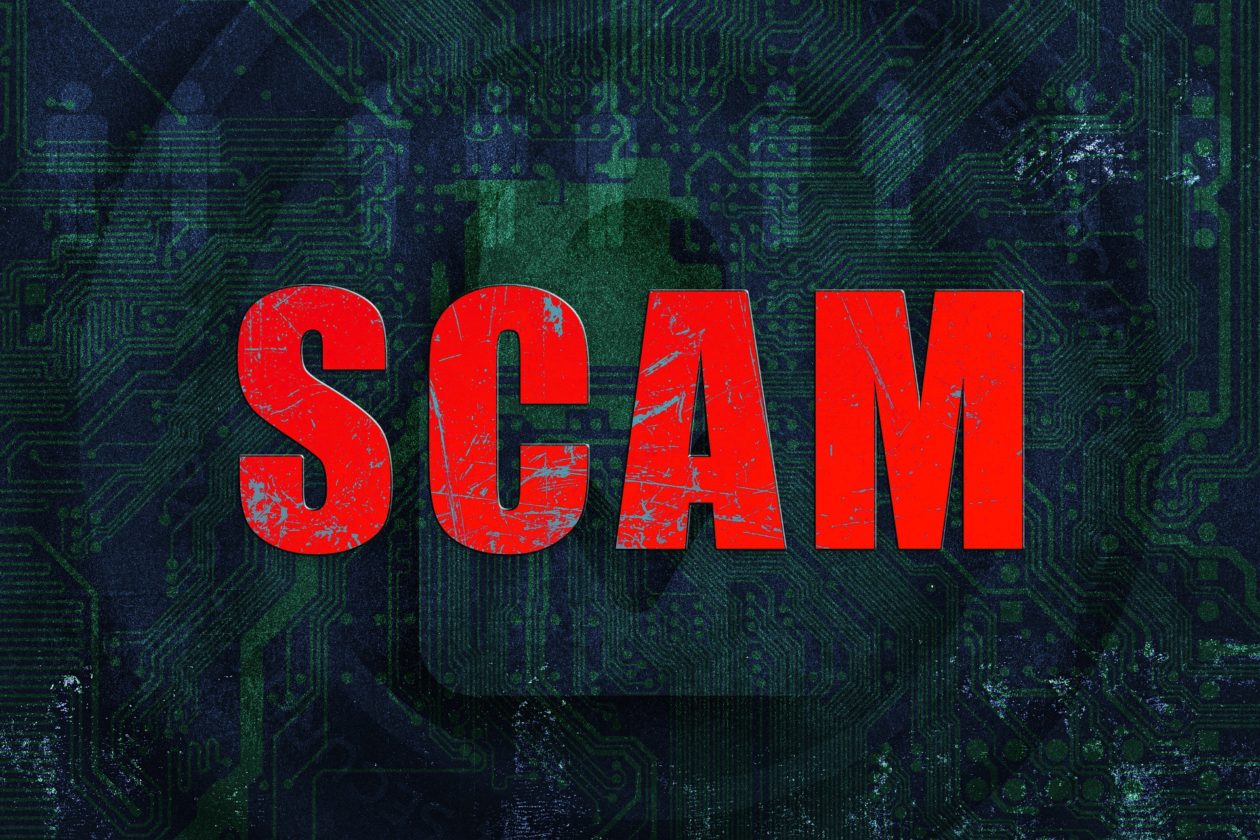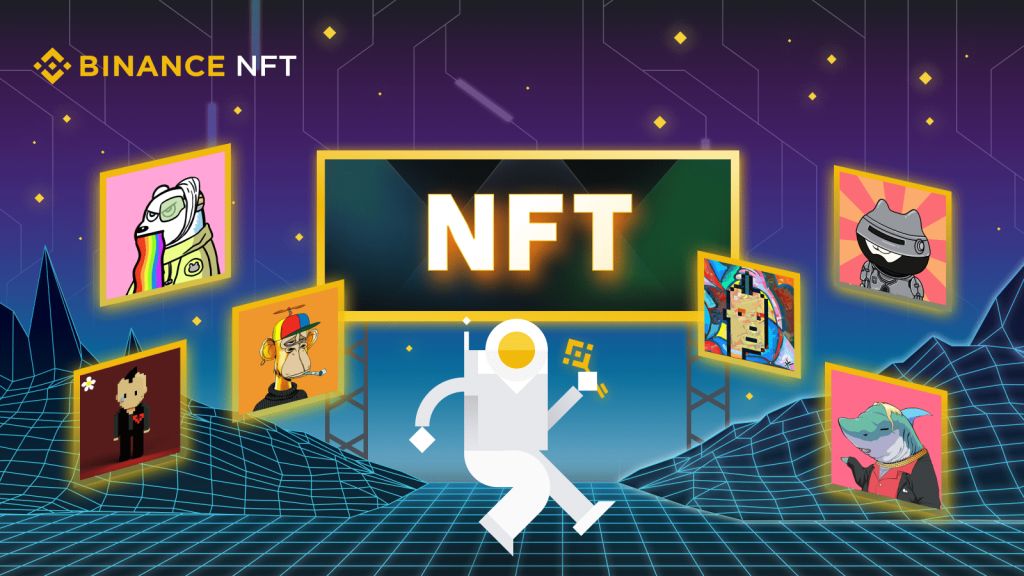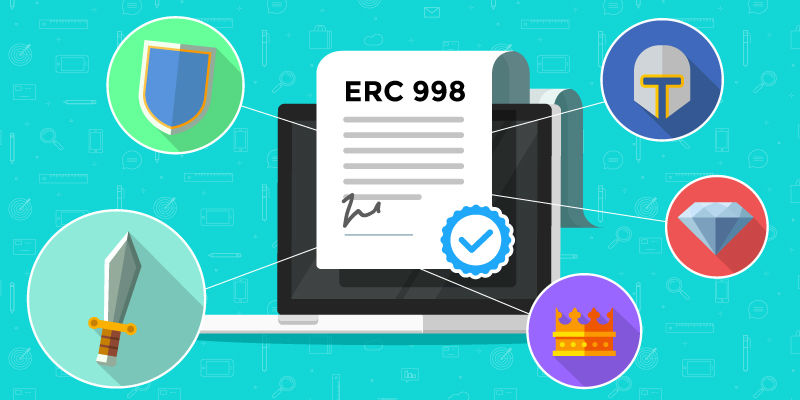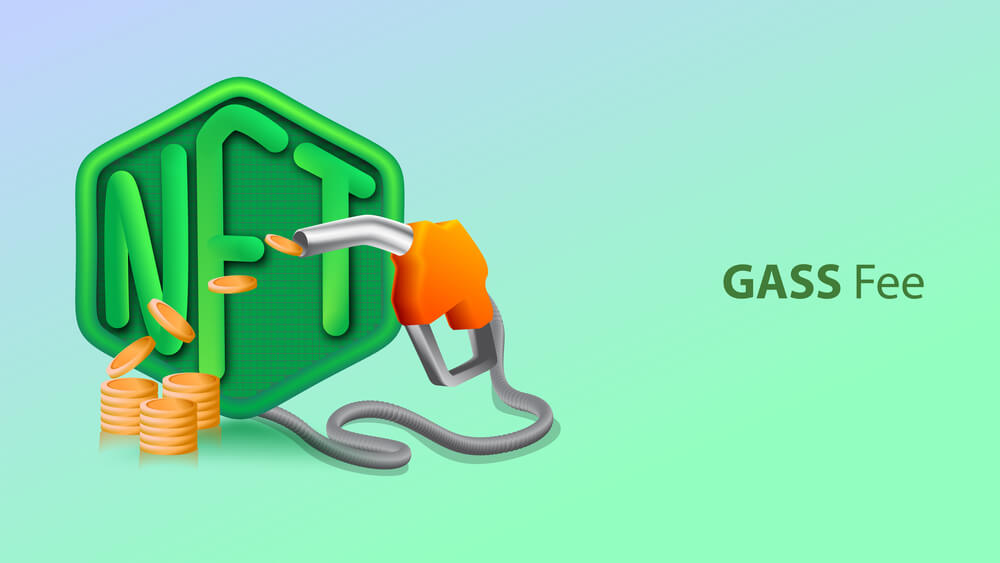The latest reports indicate that the FBI has issued a warning about criminals who are impersonating legitimate NFT developers aiming to defraud users within the nonfungible token (NFT) community. These nefarious individuals either compromise the legitimate social media profiles of genuine NFT developers or fabricate accounts that closely mimic them.
Subsequently, they endorse counterfeit NFT launches, frequently inducing urgency by utilizing phrases like “limited supply” or labeling the promotion as an unexpected or undisclosed minting event.
The Phishing Scheme
The links published in these fake posts lead to phishing sites that mostly mimic authentic NFT project websites. Unsuspecting users are prompted to link their crypto wallet and purchase the advertised NFT. By doing that, they unknowingly connect their wallets to a malicious smart contract, which then steals their crypto and transfers their NFTs to wallets that are controlled by criminals.
In that context, the stolen assets are normally laundered via crypto mixers and exchanges to hide their origin.

How To Protect Yourself
The FBI offers some critical tips to enable users to protect themselves from becoming victims of these NFT scams:
Research Surprise Opportunities
When a well-known NFT project unveils an unforeseen NFT opportunity, ensure to confirm whether the developer has a history of presenting such surprises or if they have explicitly mentioned avoiding surprise mints.
Malicious actors (NFT scams) often capitalize on the sense of urgency created by unexpected announcements. Always validate any announcements through official sources and cross-reference them with the authentic social media profiles or official websites of the NFT developer.
Verify All Social Media Accounts
Always make sure that the social media account promoting the NFT is the official account of the developer and not a fake one. Ensure that you check out for any discrepancies in account history, spelling, followers, or creation date. Criminals might create social media accounts that closely resemble the genuine ones, but keen scrutiny can help in identifying potential fakes.
Check Website Authenticity
Before linking your cryptocurrency wallet to a website, confirm its authenticity and rule out any clones. Indicators of a fraudulent site consist of domain names with spelling errors, uncommon URL characters, or links that don’t work. Always validate the website’s legitimacy by directly checking with the NFT developer’s official website or official social media platforms.
Do Not Rush Into Too-Good-To-Be-True Offers
Always be careful with offers that appear overly generous or highly unbelievable. In case an NFT promotion promises some unreal returns or rare NFTs at abnormally low prices, it is most likely a scam.
How To Report NFT Scams
The FBI encourages all victims of these types of scams to report any suspicious or fraudulent activities to the FBI Internet Crime Complaint Center at www.ic3.gov. Users are urged to include any relevant links, crypto accounts, social media accounts, and domains used in the scam, and use the keyword “NFTHack”.
With the rise in NFT popularity, fraudsters are continually devising strategies to take advantage of users’ enthusiasm and faith in blockchain technology. Remaining vigilant and adhering to these guidelines can aid individuals in safeguarding themselves against NFT scams, contributing to a more secure NFT ecosystem.






1 comment